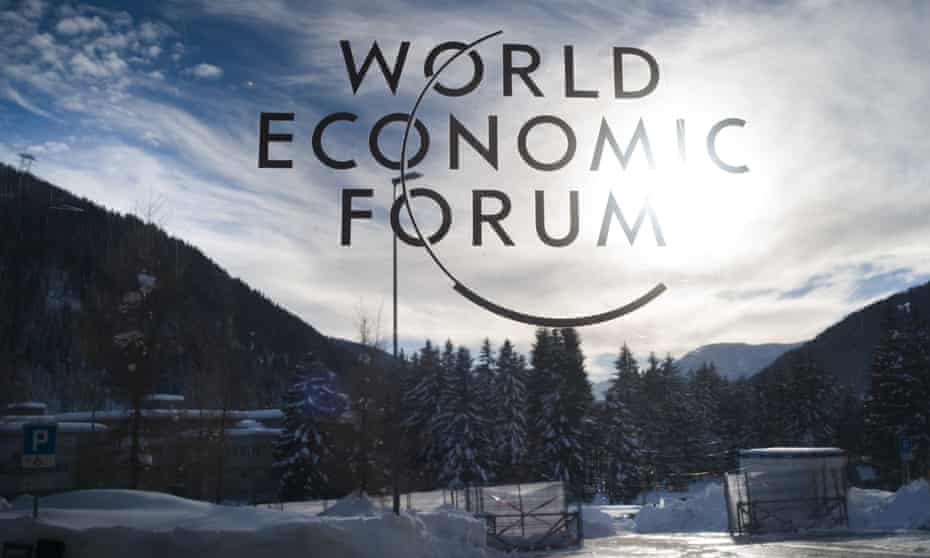Benedikt Sobotka, the CEO of mining company Eurasian Resources Group (ERG), expressed his excitement about a new project called Resource during an event in Davos earlier this year, Entrepreneurng.com.
The resource is a joint venture between ERG, Glencore, and IXM, and its goal is to provide “battery passports” for electric cars. Sobotka waved a piece of paper with a QR code that he hopes will eventually be attached to every electric car battery in the world.
The project’s main objective is to comply with new regulations put forth by the EU. By 2027, every new battery more than 2kWh in size must have its passport containing details of its origins and environmental footprint.
However, Sobotka’s excitement hinted at his bigger aspirations: to position his company and its partners as major players in the future of the automotive industry.
The mining industry is rushing to create these battery passports, as the demand for electric cars grows rapidly. ERG, a mining company with operations in Kazakhstan and the Democratic Republic of Congo, sees this as an opportunity to distance itself from past controversies associated with its subsidiary, Eurasian Natural Resource Corporation (ENRC).
ENRC was founded in 1994 by three oligarchs who control the majority of ERG. Through ENRC, these oligarchs built up a mining empire centered on operations in Kazakhstan, with annual revenues of more than $3bn by 2006.
ENRC listed its shares on the London Stock Exchange in 2007, but over the next six years faced a slew of controversies. In late 2010, the company received an anonymous whistleblower letter that made serious allegations about its operations in Kazakhstan.
ENRC brought in lawyers to investigate “some of its operations in Kazakhstan and then also the Democratic Republic of the Congo in particular, where it was thought that they may have been tainted by bribery, corruption, and fraud.”
Since then, ENRC has mounted 18 legal actions in the US and UK against journalists, investigators, contractors, lawyers, and even the Serious Fraud Office (SFO) since the UK law enforcement agency began an investigation into the fraud allegations in 2013.
ERG was incorporated in Luxembourg in 2013 as the new parent company of ENRC, and the company was delisted from the London Stock Exchange in November 2013 after a torrid time as one of the most scandal-hit members in the history of the FTSE 100 index.
ERG is now looking to move forward with ReSource and establish itself as a leader in the mining industry. ERG employs 100,000 people, including in the world’s largest cobalt mine, Metalkol, in Katanga in the Democratic Republic of the Congo.
The company and the rest of the mining sector are racing to extract the minerals required for batteries, including lithium, cobalt, manganese, and nickel.
Sobotka has been involved in the Global Battery Alliance since 2016, a group of companies and non-governmental organizations that discusses standards for the fast-growing battery industry.
ERG executive Gillian Davidson serves as chair of the GBA’s board. Two of the three pilot battery passports the GBA revealed at the Davos event cited ReSource, alongside two other supply chain audit companies.
The battery passport will be built using blockchain technology to make it very difficult to alter data. Sobotka has tried to pre-empt criticisms of the project, stating that it is transparent and publicly available information.
However, campaigners argue that there will always be questions over whether industry-controlled schemes can ever be relied on for transparency.
Conclusion
In the meantime, the mining industry is looking forward to a boom in demand for the minerals required for batteries. A study carried out for the GBA by McKinsey, a consultancy, suggested that demand, as earlier reported by the guidian.com.











